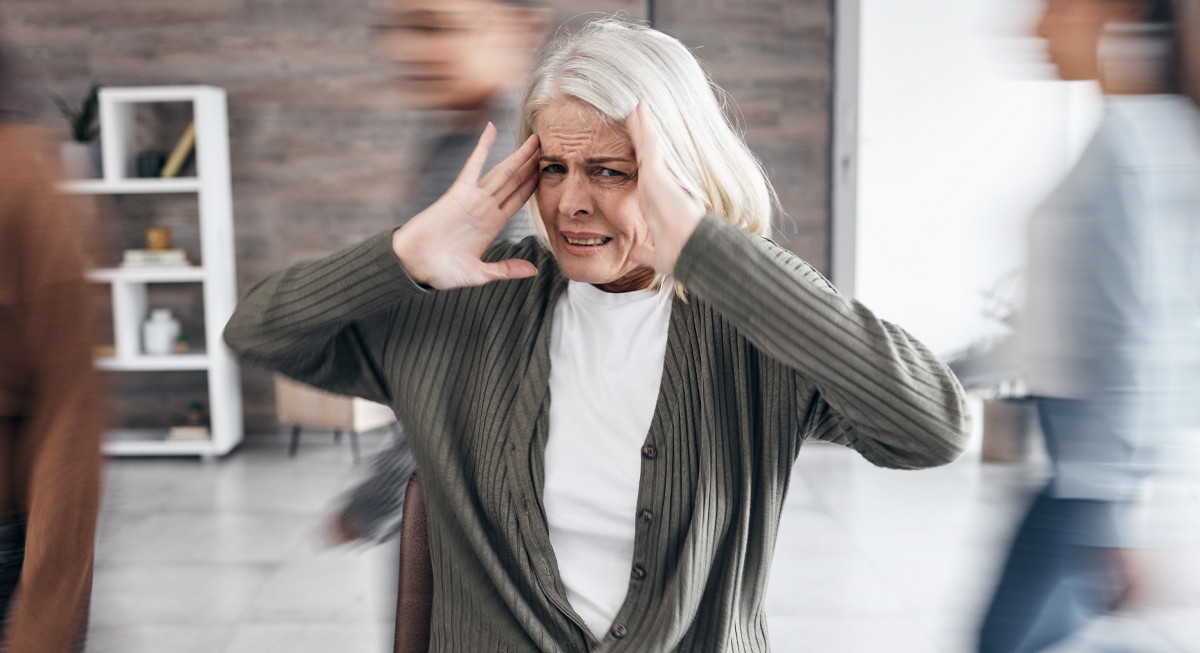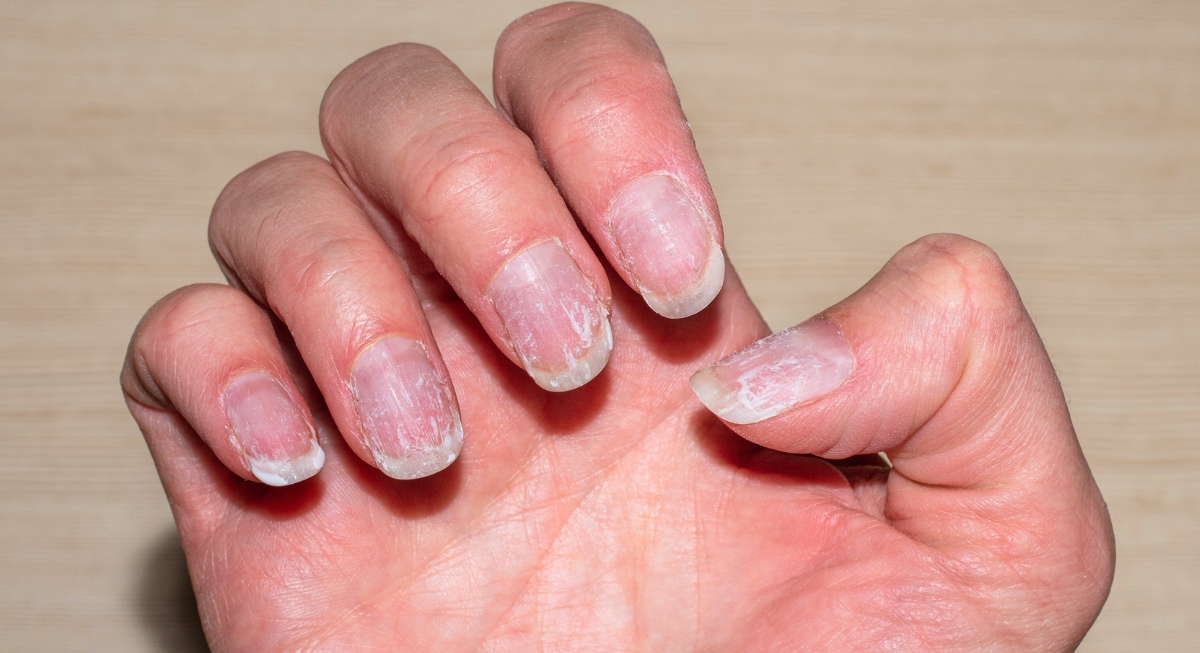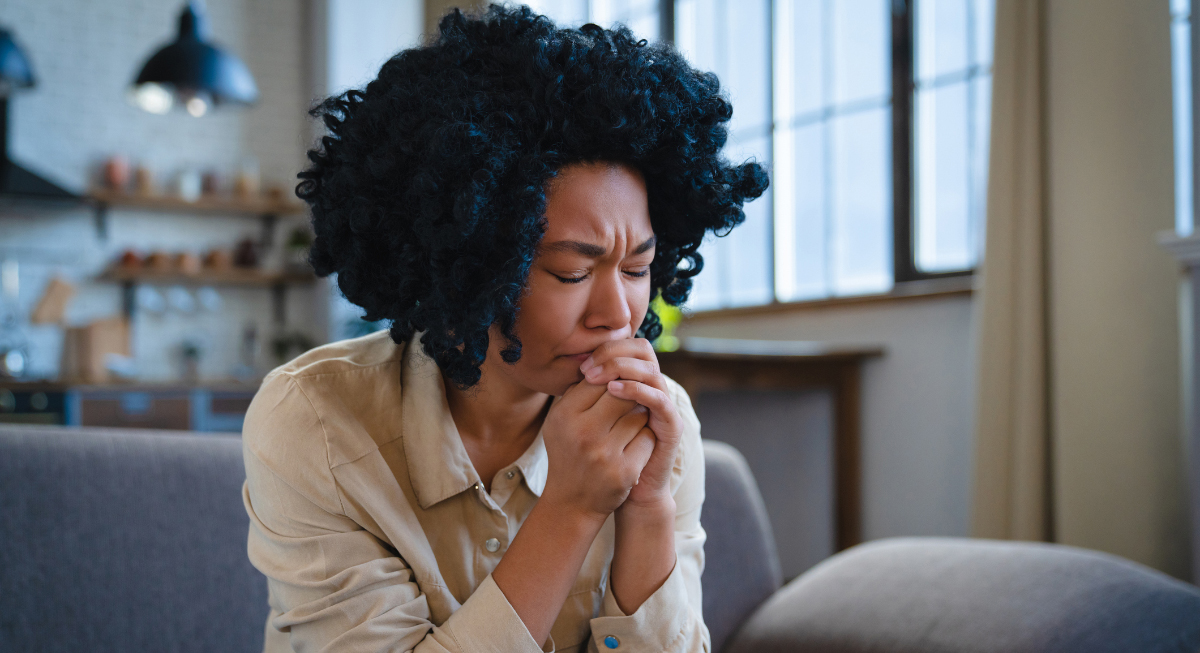Ever wonder why, despite seemingly doing everything right, you still feel that invisible weight of anxiety pressing on your shoulders? Well, you're not alone. In our digital age, it's easy to fall into daily habits that make us anxious without us knowing; those little things quietly chip away at our peace of mind. So, grab your favorite cozy blanket, and let's chat, friend to friend, about the 15 everyday stuff sneakingly cranking up our anxiety levels.
Caffeine Overload

Credit: freepik
Guilty of chugging more than 4 cups of coffee daily? The American Psychological Association reveals that high caffeine intake can increase anxiety symptoms, with a study suggesting that over 400 milligrams of caffeine can amplify stress levels.
The Perfectionism Pitfall

Credit: freepik
Perfectionism isn't just ambition; it's a recipe for anxiety. A study in Psychological Bulletin found that high levels of perfectionism correlated with increased stress and anxiety. Setting more realistic goals can be a game-changer.
Social Media Scrolling

Credit: freepik
Feeling down after scrolling through social media feeds? Multiple research has found a strong link between excessive social media use and heightened anxiety, pointing out the pitfalls of comparison and FOMO. So, it's best to limit your screen time to avoid depressive episodes.
Skipping Meals

Credit: freepik
Did you know that skipping meals can cause your blood sugar to plummet, triggering irritability and anxiety? The Journal of Nutrition suggests that balanced meals help maintain stable blood sugar levels, keeping anxious feelings at bay.
Poor Sleep Habits
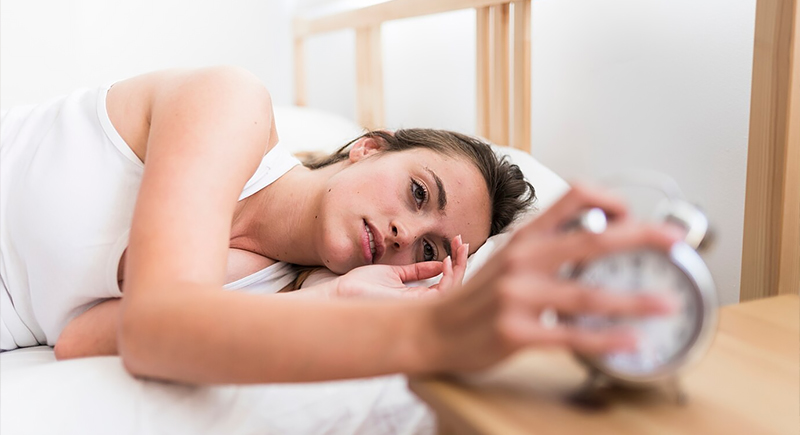
Credit: freepik
Lack of sleep can dull our cognitive abilities and warp our perceptions, setting the stage for increased anxiety. Also, when you're not getting enough slumber, you might find it difficult to make decisions, solve problems, manage your emotions and actions, and adapt to changes. Prioritizing 7 to 9 hours of sleep can significantly help.
Multitasking Madness

Credit: freepik
Think multitasking is boosting your productivity? Think again. Research from the University of Michigan demonstrates that multitasking can actually increase stress and hinder productivity, spotlighting the importance of focusing on one task at a time.
Neglecting Self-Care
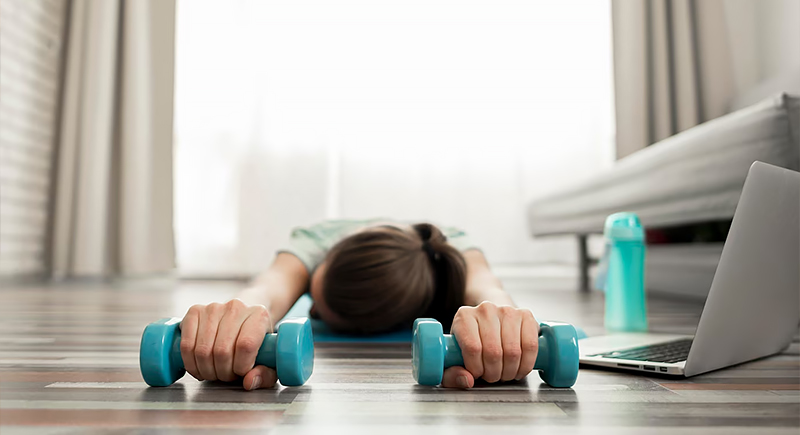
Credit: freepik
Self-care isn't selfish—it's essential. Routines like exercise or meditation significantly reduce anxiety levels, so it's a must to dedicate time for self-care to combat stress. Do this, and you'll be feeling so much better in no time!
Procrastination

Credit: freepik
Procrastination might seem benign, but it can fuel a cycle of anxiety. Research from the Association for Psychological Science reveals that delaying tasks leads to increased stress, advocating for tackling tasks head-on.
Financial Worries
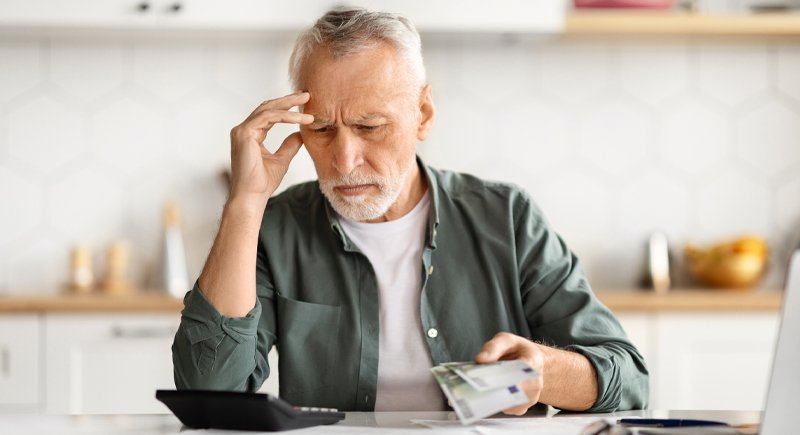
Credit: iStockphoto
Obsessing over finances without action can make anyone feel like they're going insane. What you can do is be proactive in financial planning to alleviate anxious feelings. This is why managing financial health is a must!
Overloading Your Schedule

Credit: freepik
We all know how an overloaded schedule can become overwhelming fast. Overcommitting has a way of leading to increased anxiety and stress, emphasizing the power of saying no and prioritizing tasks.
Ignoring Signs of Stress
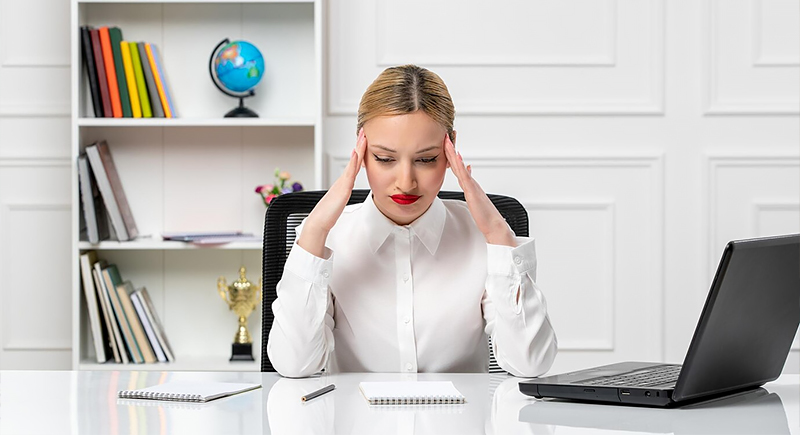
Credit: freepik
Disregarding early signs of stress lets anxiety grow unchecked. As per the National Institute of Mental Health, acknowledging and acting upon these early warnings can help keep anxiety at manageable levels.
Overconsumption of News
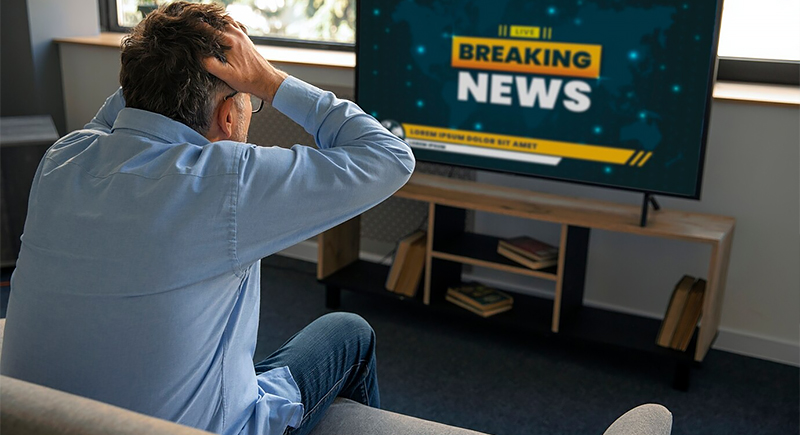
Credit: freepik
Constant exposure to negative news can spike anxiety. So just like your screen time, we also suggest limiting news intake to specific times. Trust us; it can help maintain a balance between staying informed and managing stress levels.
Lack of Social Connections

Credit: freepik
Humans are social creatures, so prolonged isolation can heighten loneliness and anxiety. Engaging in social activities and maintaining connections are key strategies for combating these feelings. Spend time with that friend or join a community linked to your interests.
Not Setting Boundaries
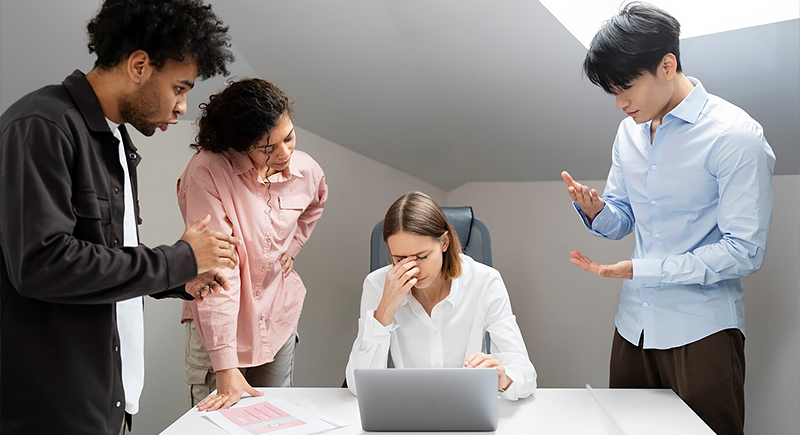
Credit: freepik
Without clear personal and professional boundaries, feelings of being overwhelmed and anxious can ensue. This is why establishing boundaries is essential for mental well-being, with research supporting its importance in stress reduction, as per Psychology Today.
Ignoring Your Intuition

Credit: freepik
Trusting yourself is crucial because ignoring your intuition can lead to internal conflict and anxiety. The Journal of Personality and Social Psychology tells us that aligning with our gut feelings can reduce anxiety and improve decision-making. Embrace your intuitiveness!

